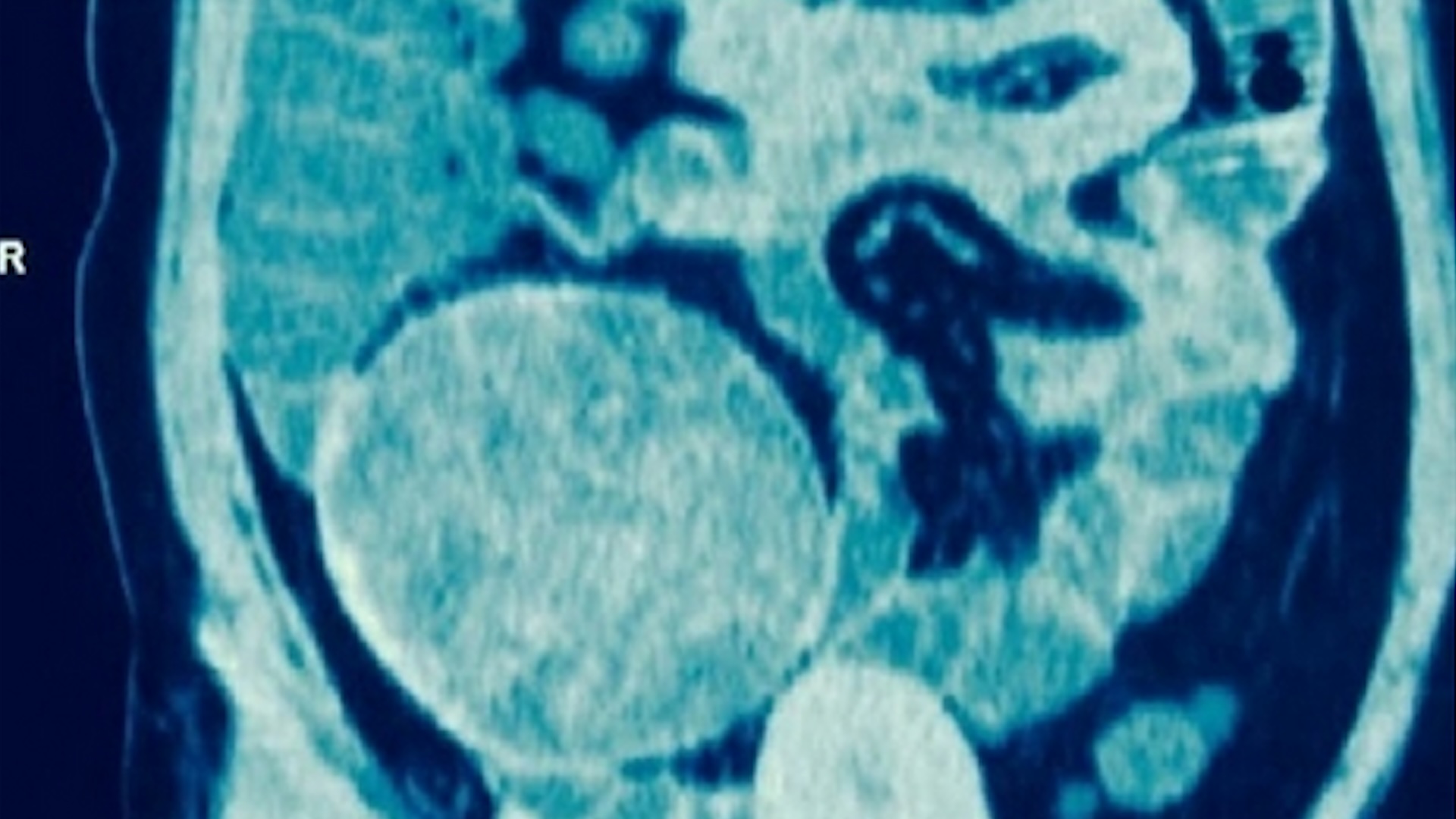Shocking Discovery: A Forgotten Surgical Sponge Causes Years of Pain










2025-07-16T10:00:00Z

Imagine living with excruciating abdominal pain for four long years, only to discover it was caused by a forgotten piece of surgical equipment left in your body! That's exactly what happened to a 38-year-old woman in New Delhi, who endured immense discomfort after a cesarean section. Initially told it was normal post-op pain, her ordeal began when a mysterious lump formed, intensifying her agony.
Fast forward to 2014, the woman sought further medical advice. Doctors performed ultrasounds and CT scans, suspecting a mesenteric cyst—a benign tumor. But things took a bizarre twist when an MRI revealed a thick membrane, hinting at something more sinister, like a tapeworm infestation from contaminated food. The medical team was baffled.
Left with no choice, the doctors decided to surgically remove the troubling mass. To their shock, the surgery revealed an 8-inch sponge, left accidentally during her C-section, encased within a cyst. The body had built this protective encasement as an immune response to the foreign object.
It's a rare occurrence, but not unheard of. Known as gossypiboma, it affects around 1 in 1,500 surgeries. This mishap often happens during rushed surgeries or when surgical teams change midway, as used sponges, stained red with blood, can easily blend in with internal tissues. The sponge's material also eluded multiple imaging techniques, complicating its detection.
Following this incident, medical professionals stressed the need for radio-detectable sponges and stricter counting protocols to prevent such oversights.
 Maria Kostova
Maria Kostova
Source of the news: Live Science